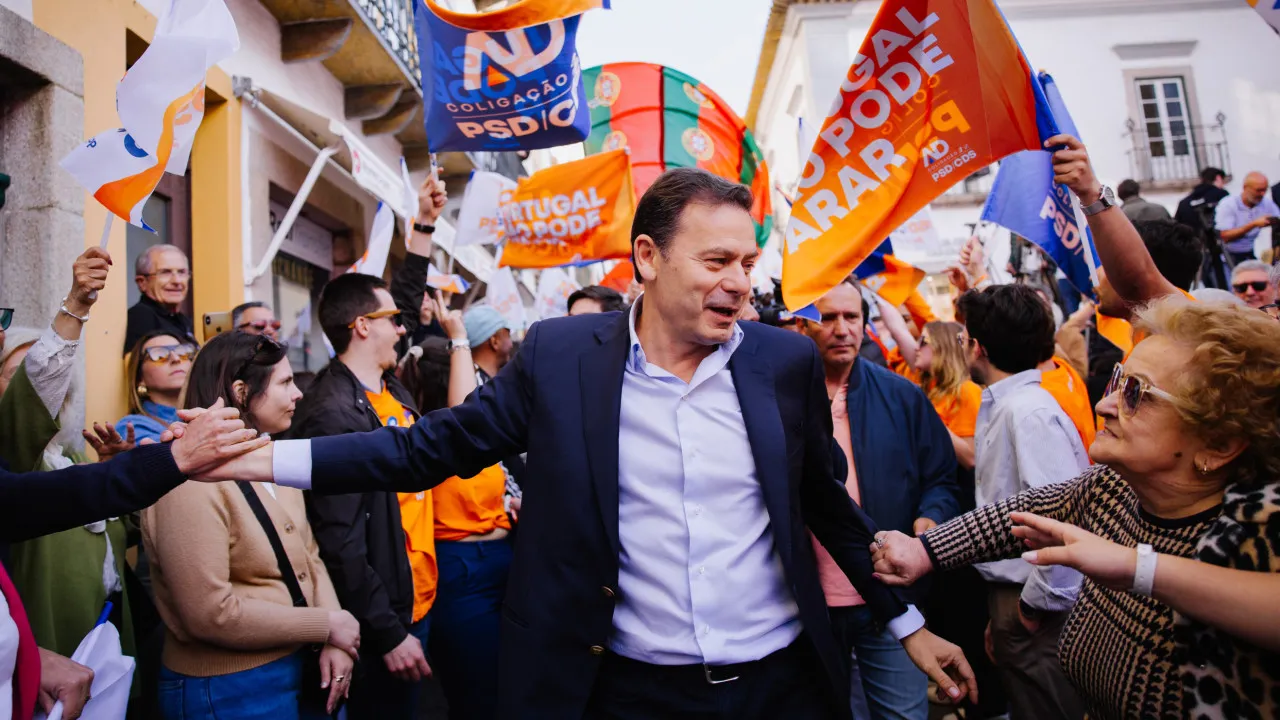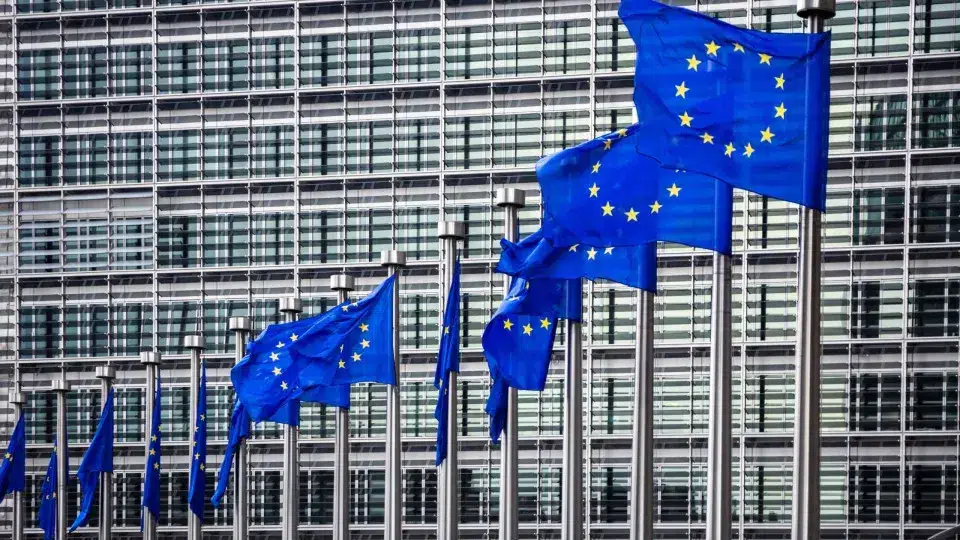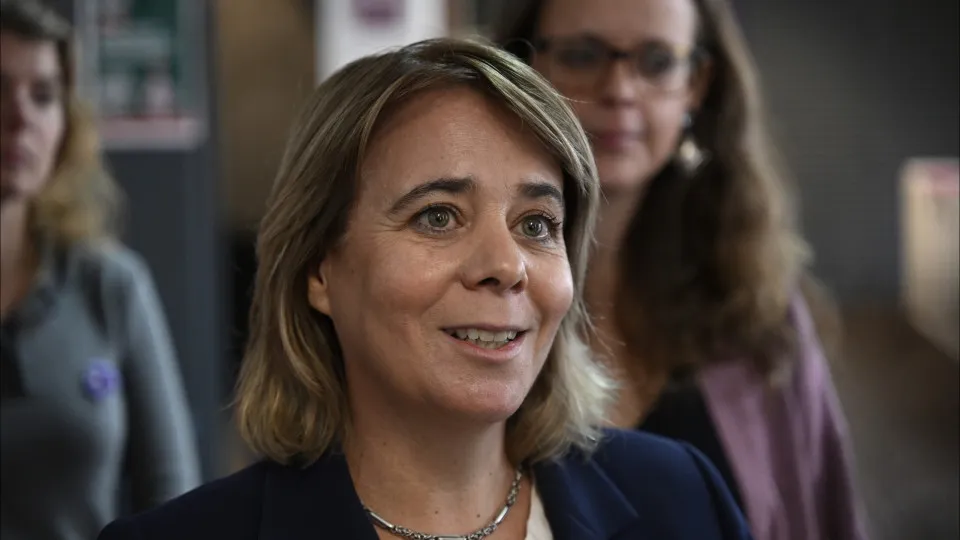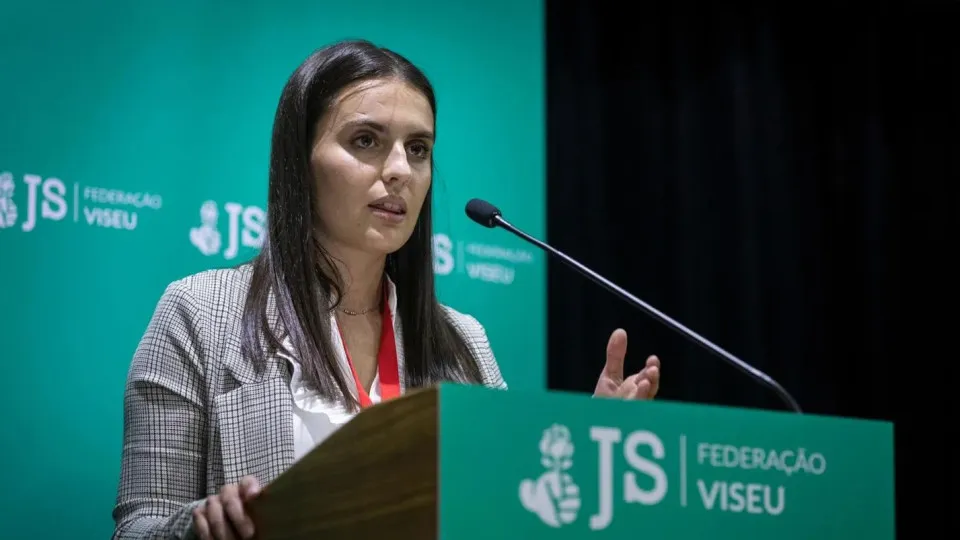
Luís Montenegro addressed a fully packed auditorium at the National Association of Young Entrepreneurs in Porto as part of an event commemorating Europe Day.
The session began with Social Democrat MEP Sebastião Bugalho lambasting the “fear” strategy he claimed the PS was employing in the electoral campaign, while posing the first question to Luís Montenegro about the necessity for Portugal to invest in defense to meet its commitments to allies.
With ministers Paulo Rangel, Nuno Melo, and Pedro Duarte among the audience, the Prime Minister reiterated his stance that an increase in defense investment over the coming years should be viewed as an opportunity to boost various sectors of the national industry rather than merely “writing checks” by purchasing weaponry from other countries.
The PSD leader emphasized that Europe is under threat and must unwaveringly support Ukraine against the Russian invasion—a political stance he stressed was inherited from the previous Socialist administration.
Montenegro was adamant in explaining his foreign policy position, taking the opportunity to address the opposition.
“Unlike what others do with us, I have no hesitation in acknowledging continuity with my predecessor António Costa, who is President of the European Council, a position he also holds with the support of both the Portuguese Government and my personal backing,” he asserted.
Luís Montenegro expressed no issues in recognizing this political continuity. “Perhaps I do this with more conviction than some members of António Costa’s political family, but that’s just a minor aside,” he noted.
According to Luís Montenegro, what matters is that Portugal demonstrates “great convergence” in foreign, security, and defense policies.
“What is at stake in European defense and the war in Ukraine is the safeguarding of our European way of life, our sovereignty, and our freedom,” he stated, emphasizing the necessity for Portugal to fulfill “its duties of solidarity and responsibility” within the European Union and NATO by increasing its defense investments.
He criticized former Socialist administrations for keeping Portugal “at the tail end of Europe” in this regard.
Montenegro then outlined his strategy to ensure increased defense investment does not merely result in higher state expenditure due to import growth.
“We must exploit this investment, not for expenditure, but for investment. We are not here to write checks, not just to purchase material, not here to give other nations, with all due respect, the dividends from the increase in our defense spending,” he warned.
Instead, Montenegro argued that with defense investment, Portugal has an “opportunity to leverage and develop its defense industry.”
“We should use the increase in our investment for new factories, new business areas, services, components, potentially in the arms sector, or in complementary businesses,” he suggested, citing specifically sectors like the textile industry for uniforms, drones, or aerospace components.
“What I propose is that we fulfill our external commitments and seize this opportunity to benefit from the investment we are necessarily obliged to make,” he added.




